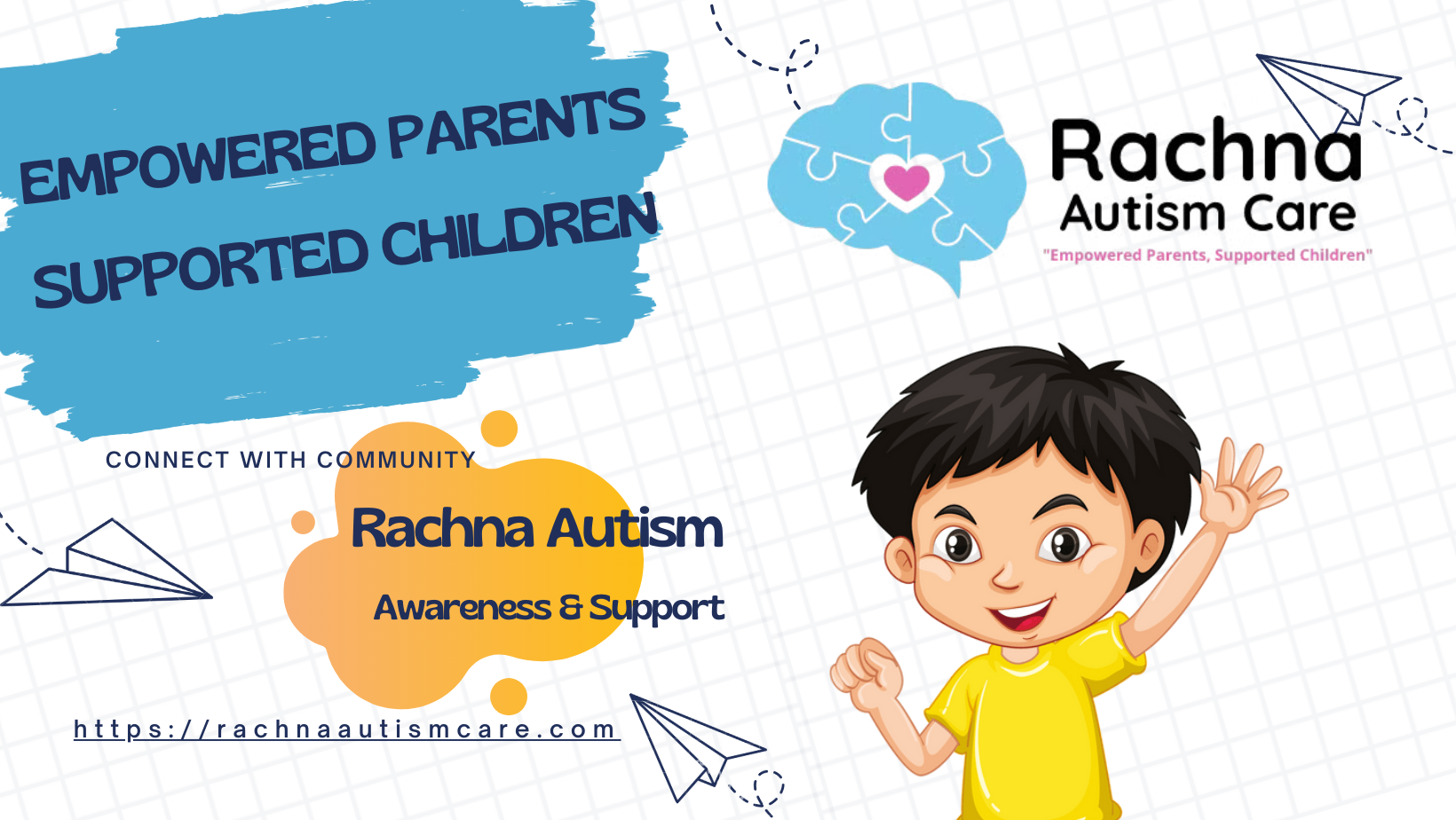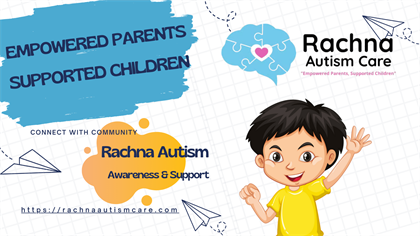
Helping Your Child Navigate Big Emotions: Autism, Hitting, and Laughing
June 12, 2025
Parenting a child with autism involves struggles and rewards unparalleled by any other. One of those behaviors most confusing and emotionally intense around which parents often find themselves dealing is that of an autistic child hitting and laughing during a distressing moment. It is easy to wonder: Why would my child laugh when they just hit someone-or got upset?
This behavior might seem paradoxical, but it is common with emotional expressions in autism. The first step to supporting your child more effectively is understanding the "why" behind autism hitting and laughing.
Understanding the Behavior
Poor emotional regulation and sensory processing often leave autistic children easily overwhelmed by very strong feelings such as frustration, fear or excitement. When such feelings cannot be put into words, they come out through hitting, biting, and most commonly, laughing.
Reasons for Hitting
Hitting means communication; for children who may not have verbal skills to express their wishes, the causes may be their need to express their hurt, distress, silent cries for help or even obtain control of things in their environment.
Some conditions that can provoke hitting:
- Too much sound, light or activity
- Hunger, tiredness or requirement for space
- Changes in established routines and unexpected transitions
- Frustration with language and communication.
Reasons for Laughing?
Certainly, it feels more jolting for the parents. But as far as the context of autism hitting and laughing is concerned, the laughing usually has naught to do with how funny someone really believes something is. It may very well be
- A method toddlers self-soothe to cope with the internal distress
- Conditioned or reflexive response from the child during overstimulation
- Social cue mismatch-an assumption that hitting and laughing together send a very confusing message
In short, such laughter could mean distress instead of amusement. The child attempts to process overwhelming emotions or a disordered nervous system.
What Can Parents Do?
1. Stay Calm and Grounded
It is hard, but important. Heightened emotional reaction resulting in punishment does nothing to dissipate the situation but only fuels further escalation. Your calm presence teaches what regulation looks like.
Try talking in a low soft voice with comments like:
"I can see you're feeling upset. I'm here to help."
2. Watch Trends
Check out at what times typically occurs autism hitting and laughing events:
- Is it around transitions?
- Is it during a particular activity?
- Is it after a sensory-heavy experience (e.g., grocery store, loud party)?
Keeping a behavior journal helps you identify patterns and plan accordingly.
3. Teach Alternative Communication
When children have no words by which to express how they feel, behavior becomes their mouthpiece. So consider that we can teach
Sign language or visual cards meaning "stop," "tired," "no," or "help."
Simple phrases like "I'm mad!" or "Too much noise!"
Speech therapy can supplement the above with augmentative communication tools that use either PECS or communication apps.
4. Provide Sensory Breaks
At times, what presents itself as aggression has in fact manifested as sensory dis-regulation. Some things might help:
- Weighted blankets
- Noise-canceling headphones
- A favorite fidget or stim toy
in a peaceful space, allowing the child to self-regulate before behavior escalates.
5. Model and Practice Coping Skills
In good moods, role-play calming strategies with your child:
- Deep breathing
- Counting to five
- Asking for a break
- Squeezing a stress ball
The more you practice during calm moments, the more likely they'll use it during stress.
6. Work with Professionals
Behavior therapists, occupational therapists, and autism specialists can help identify root causes and create personalized strategies. You don't have to figure it all out alone.
What Not To Do
- Not Bad Behavior. It is communication in disguise.
- It cannot punish laughter. That, too, may be involuntary and probably not due to disrespect.
- Do not Ignore Sensory Needs. Addressing these can prevent the meltdown beforehand.
You're Not Alone
It's pretty hard emotionally to deal with autism hitting and laughing. One feels judged out in public and confused at home. But it is not about being a "bad kid" or "bad parent." In simple terms, it's about understanding how your child communicates and building skills and supports that will make thriving easier.
Curiosity, compassion, and consistency as forms of doing this will make one the safe space to which the person can run — even between emotional storms.
Final Thoughts
Children with autism experience a very different world. What we mostly classify as "inappropriate" behavior is mostly calling for help, regulating, or needing connections. Navigating autism hitting and laughing means changing our mindset from correction to connection.
🌈 With understanding, patience, and the right tools — and with the support of expert Autism Care in Bangalore — your child can learn healthier ways to express themselves, and you’ll grow stronger together.















